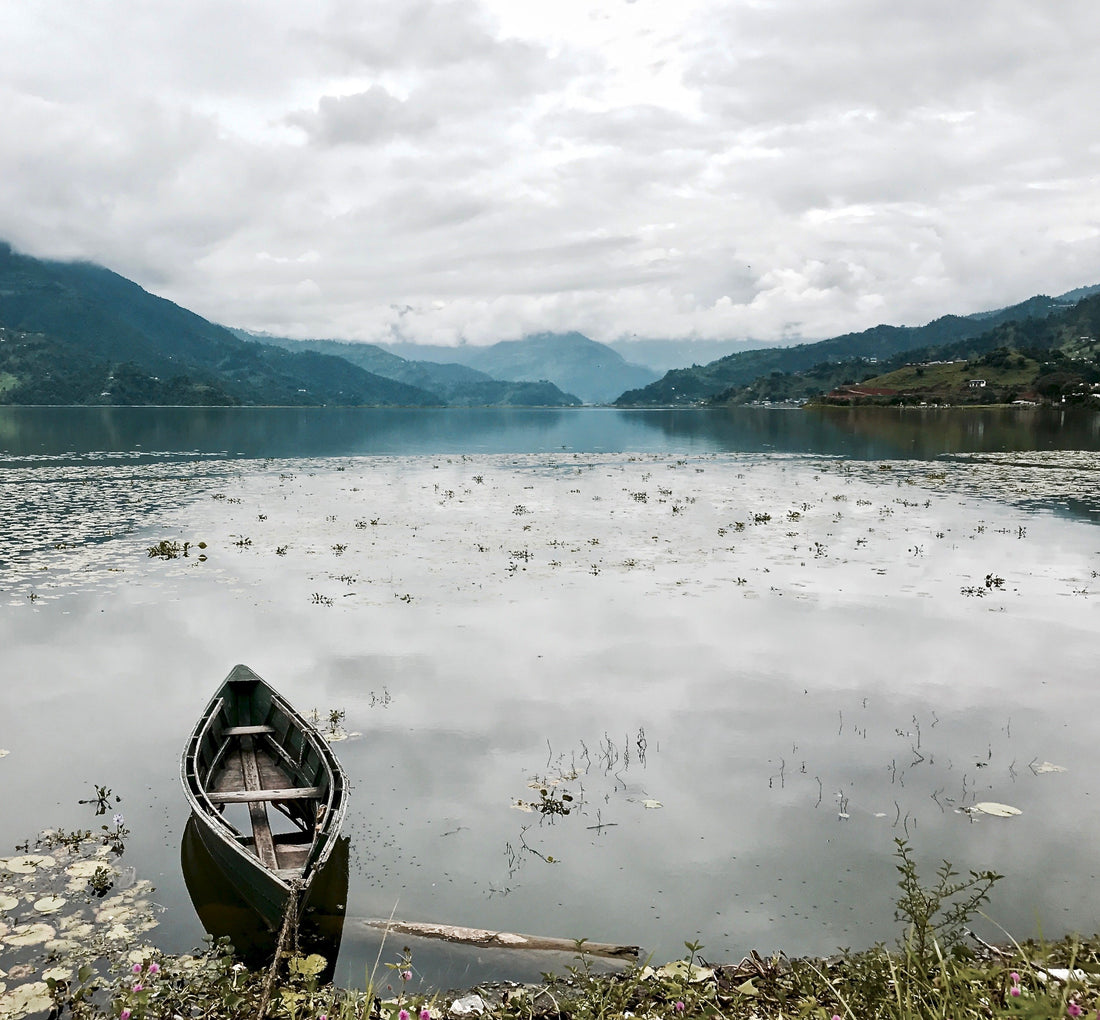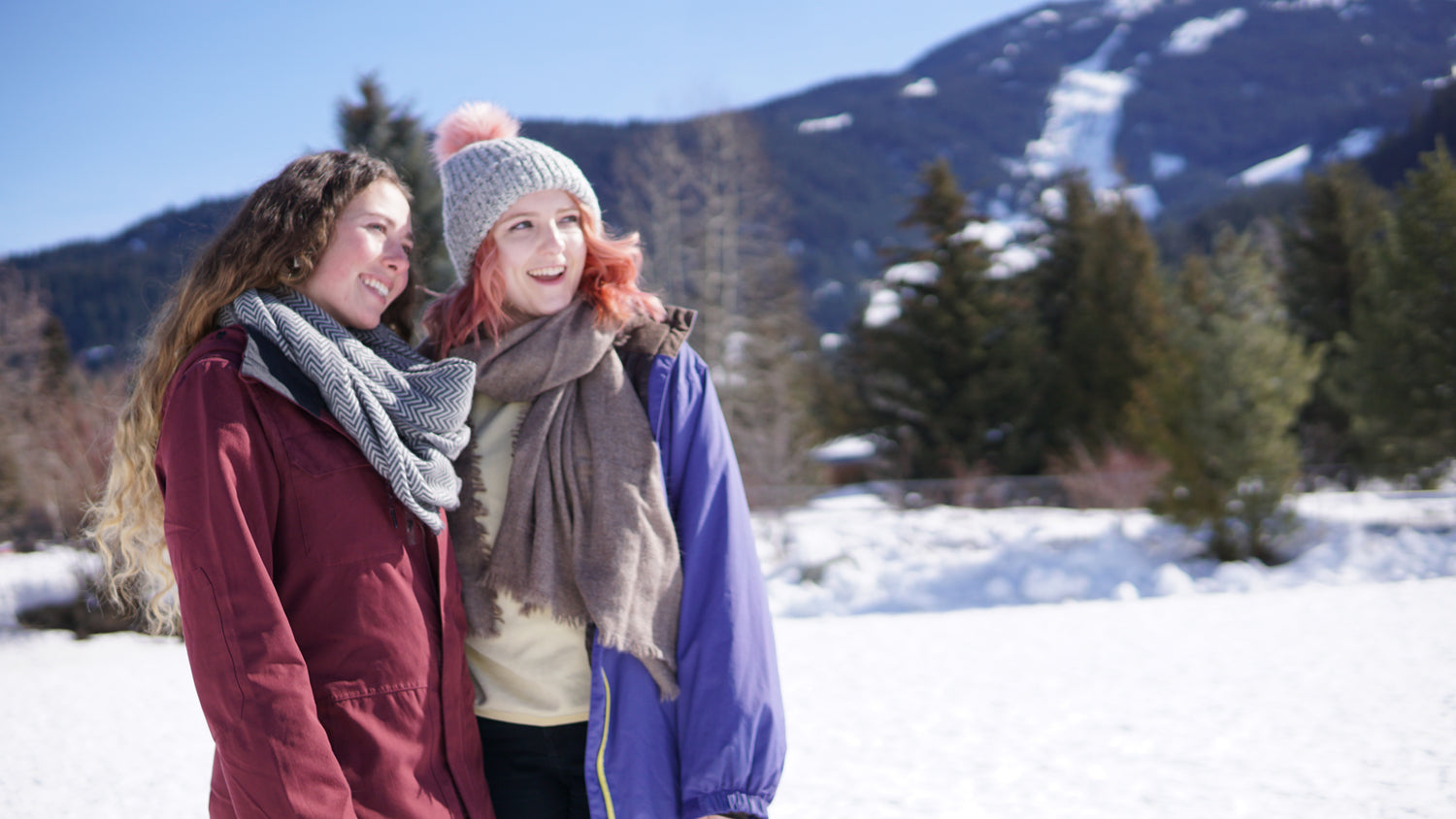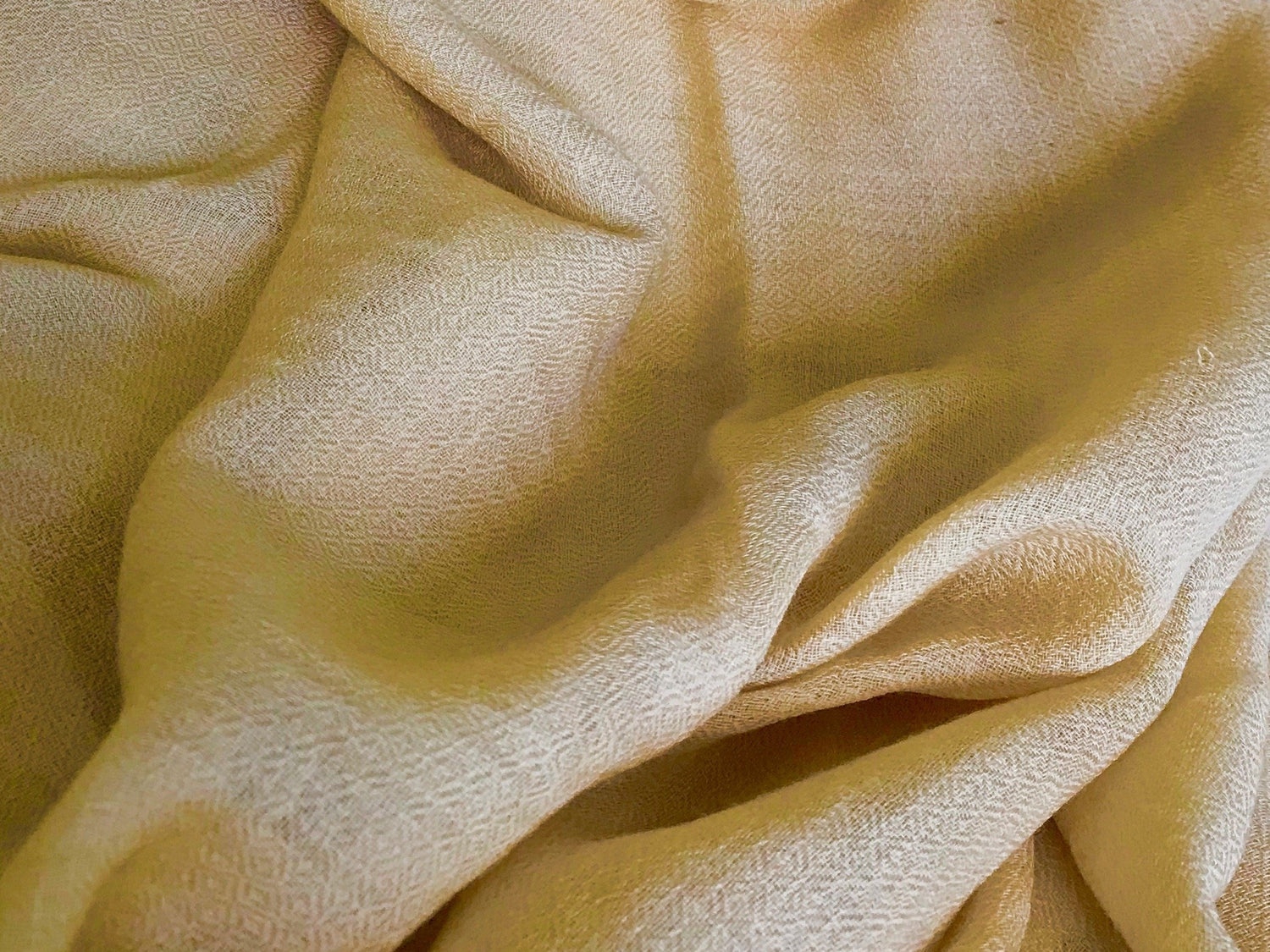COVID19 in Kashmir & Nepal
"Are you ok? Is your family ok? We saw the case numbers in the news for Malaysia." Sumi's mother was nearly in tears, wiping at her eyes with her shawl in the video call. In the early stages of the COVID19 pandemic, Southeast Asian countries such as Singapore and Malaysia saw among the earliest transmissions. Malaysia was days away from entering nationwide lockdown, and the news had reached Sumi's family in Nepal.
It never reached unmanageable levels in Malaysia. But the news from China, which was still fresh at the time, had alarmed her to worry.
If you think about it objectively, Nepal has more to worry about. Fewer resources, and more constraints around access to healthcare. But they were worried about me.
Generosity is not about how much you've got to give. It's about how much you want to.
COVID19 Lockdown in Kashmir
Sumi and her mother returned to Kashmir when the pandemic began to spread west into Asia. With lockdowns expected in both Nepal and India, Mr. Ghulam thought it was better for them to quarantine in Kashmir. There, they would have the support of relatives.
Besides, Kashmir is still a productive land, where food is concerned. Apples and walnuts, almonds and grains. None of it too far away from people.
"Slowly, slowly," Sumi told me recently. "The situation is getting better in Kashmir."

COVID19 Lockdown in Nepal
Mr. Ghulam stayed behind at the shop in Pokhara. Lockdown in Nepal meant dry goods only, especially in the early part. There are no supermarkets, per se, in Pokhara.
It also meant sudden loss of work. Villagers often do day jobs to supplement their income, including our weavers. And although they are able to weave at home, the lockdown meant that they are unable to get a supply of cashmere yarn.
Ethical Cashmere orders for 2020 are not affected because our stock arrived in Australia last year before the pandemic. However, if any colours run out, we would not be able to order another batch until Nepal re-opens.
"Not to worry," Mr. Ghulam told me, when I asked him. But he sounded worried, so I probed further. "I've sent them help for food. It's ok, because customer just paid me $100, and it will buy them dhal and rice for a month."
But if Ethical Cashmere is to be authentic, I had to do what a Himalayan business person would. Would it help our weavers if I added something? And that was when he confessed that our weavers didn't have enough to buy food in lockdown.
Still, he would not take money outright. He insisted on selling from his store, at cost. So I canvassed my family, and we bought some items - giving profit. "Because I know you will help people with this," I said.
That's Himalayan capitalism for you!
COVID19 Lockdown in Nepal Part 2
Two months in and Mr. Ghulam sounded more cheerful. Food supply has stabilised in Pokhara. In the villages of our weavers, community associations have organised to send food to the poor.
"The wealthy are giving food to the people with no money. It doesn't matter who - Muslim, Buddhist, Hindu - all are helping." Nepal is good that way, he said. "I heard some people give 1000, 2000..." Converting lakhs to thousands, and Nepali rupees to dollars, I reckon wealthy Nepalis managed to raise nearly $1million dollars.
"They are buying rice and dhal and other things, packing them and giving them out to people who cannot buy food."
Nepal is not rich. But in hard times, help rains down from the privileged in society.
Not from governments, not from businesses. These are ways to earn a living; they aren’t people. In a Himalayan community, it is people who help people. And here, you do it with no strings attached.





